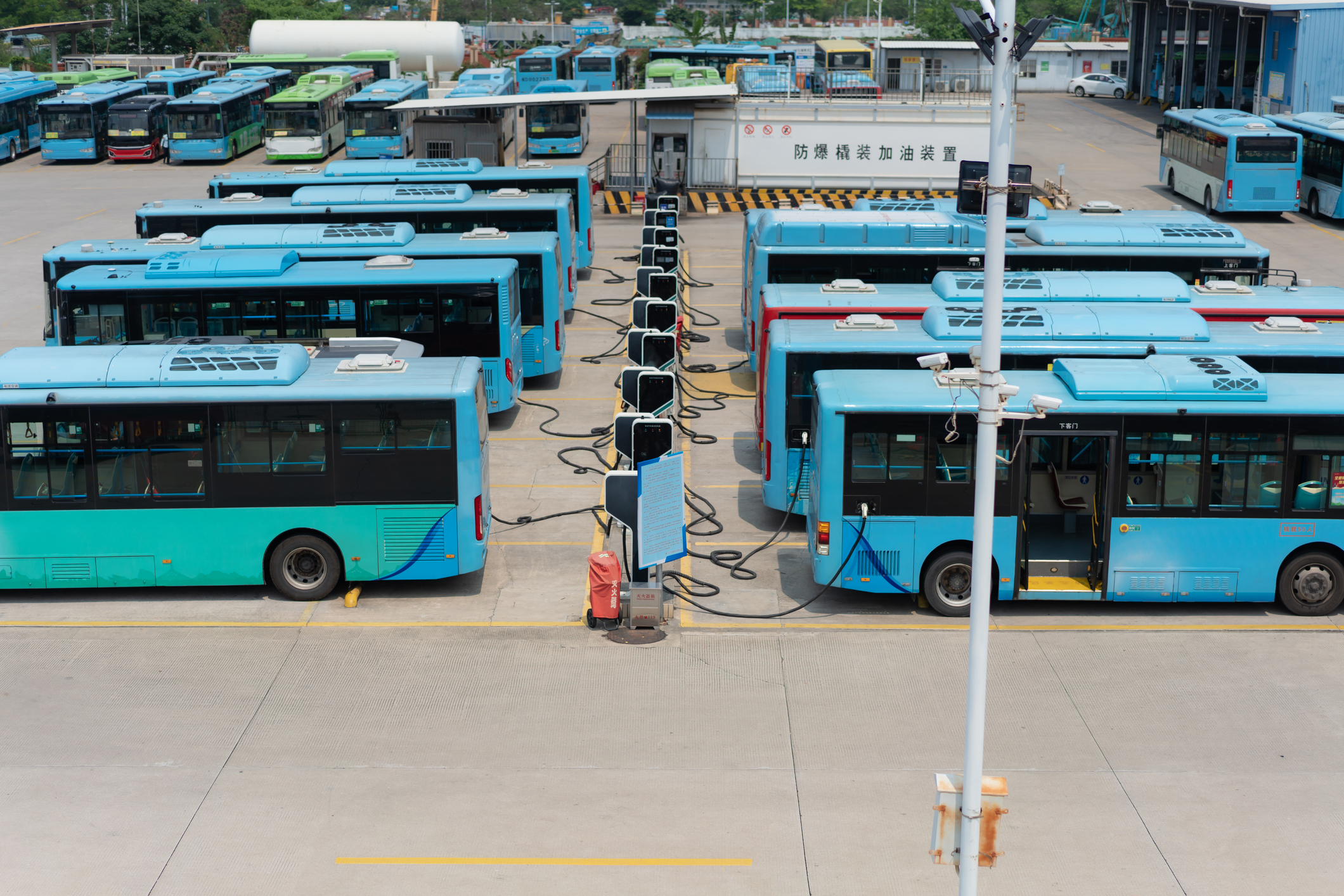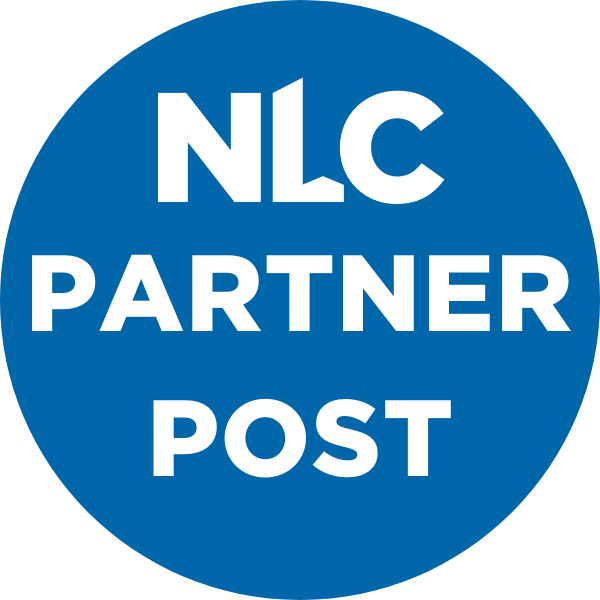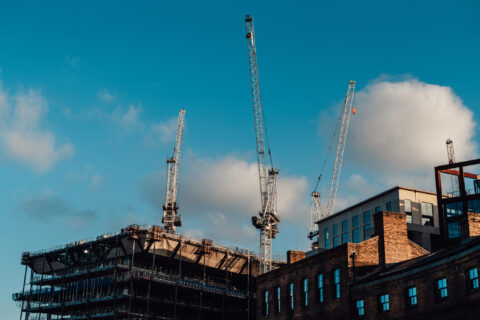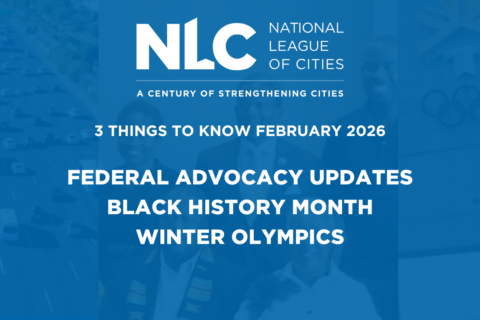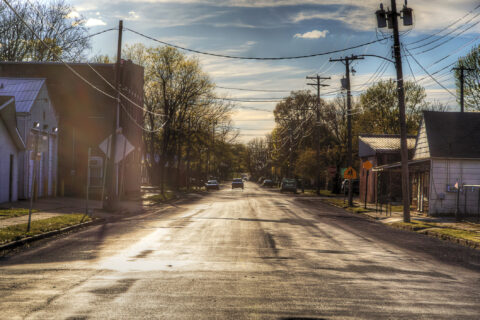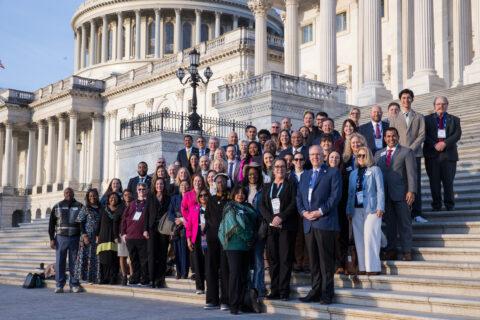Authored by Nicholas Edward, Manager, Grants & Agency Engagement, National Propane Gas Association
The Federal Transit Administration (FTA) is overseeing $1.5 billion in competitive funding available to support clean, modern and reliable public transportation.
The fiscal year 2025 Low or No Emission Grant Program (Low-No) and the Grants for Buses and Bus Facilities Program (Bus Program) offer vital assistance to municipalities and transit agencies looking to upgrade fleets, invest in low-emission vehicles and build out or modernize facilities.
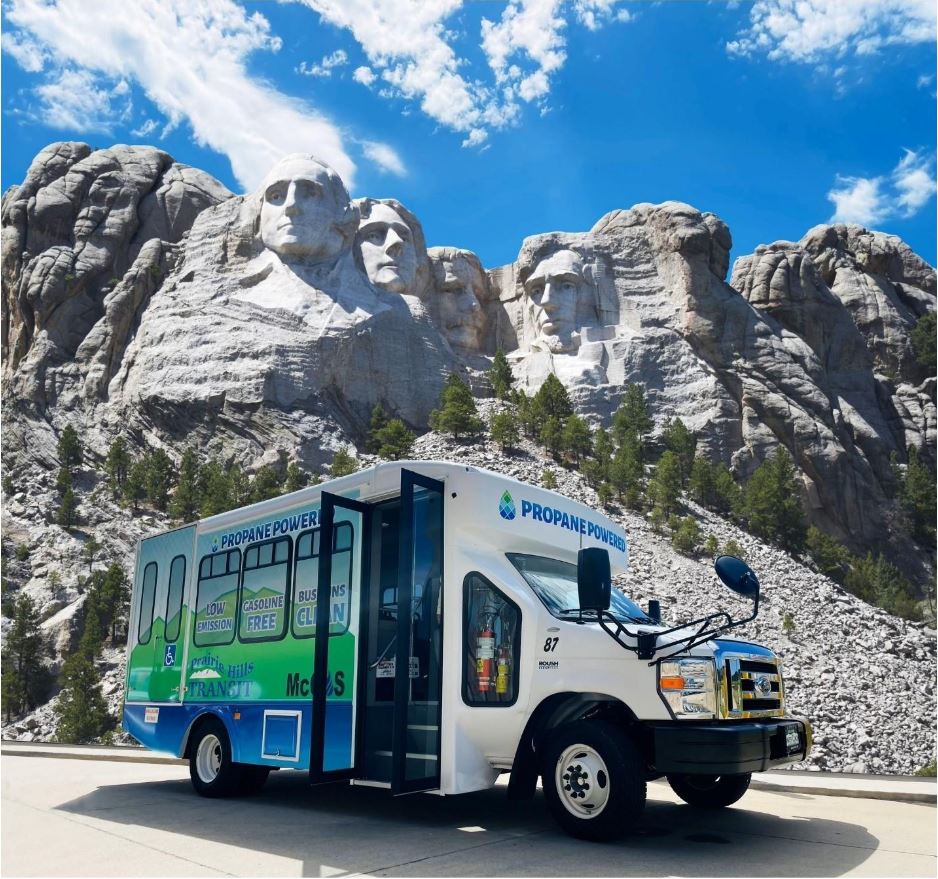
What’s Available?
- $1.1 billion through the Low-No Program, dedicated to helping communities purchase or lease buses that produce little to no harmful emissions.
- $398 million through the Bus Program, designed to support the purchase, rehabilitation or lease of buses and related infrastructure, regardless of fuel type.
Under the Trump Administration, the FTA is refocusing its attention away from electric vehicle (EV) and hydrogen projects onto propane as the next-cleanest fuel available. This means that propane-centric projects will receive favorable consideration over other fuel sources.
Applications are open now through Sept. 10, 2025, and city or town governments are strongly encouraged to act quickly.
Who’s Eligible?
If you’re a state or local governmental authority, or a federally recognized Tribe, you are eligible to apply. In rural areas, projects (except those proposed by Tribes) must be submitted as part of a consolidated state application. Urban projects can be submitted either individually or as part of a regional proposal. City and other non-rural municipal organizations can submit applications independent of their state’s applications.
What Projects Can Be Funded?
Low-No Program
- Purchase or lease of low- or no-emission buses.
- Construction or leasing of maintenance, storage and fueling infrastructure.
- Fixed-route, public transit systems that support low- or no-emission buses.
- Facility upgrades or construction to support new or expanded fleets.
- Leasing, constructing or rehabilitating transportation facilities and related equipment to accommodate low- or zero-emission buses.
Bus Program
- Rehabilitation, lease or purchase of buses, regardless of emission status.
- Construction or rehabilitation of bus maintenance and operations facilities.
Why This Matters for Your Town
Whether you operate a modest bus fleet in a small town or a broader system across a large city, these grants are a golden opportunity to modernize transit infrastructure and save on long-term costs. More than that, these programs allow localities to pivot toward cleaner, more cost-effective transportation, improving air quality and reducing future constraints caused by cuts to EV subsidies and grant opportunities.
Propane: The Overlooked Opportunity
While much attention has gone to battery-electric vehicles, propane fuel used in vehicles, known as autogas, deserves serious consideration from local leaders. Autogas is the same propane used to heat homes, fuel grills and provide electricity to millions nationwide.
Here’s why propane-powered buses are a practical path forward for towns seeking a balance between costs and environmental performance:
- Cost-Efficiency: Propane costs around 40% less than gasoline and around 50% less than diesel per gallon on average. The U.S. already has an extensive and growing network of propane fueling infrastructure, making the transition an easy choice.
- Lower Emissions: Propane reduces nitrogen oxides NOx by up to 95% and virtually eliminates particulate matter (PDF) compared to diesel and gasoline—key pollutants affecting respiratory health, especially among marginalized communities.
- Fueling: Unlike EVs, propane vehicles don’t require large recharging stations and don’t draw down the local electric grid for hours — a fact becoming ever more important as electric demand rises faster than the supply and infrastructure can handle.
- Reduced Maintenance: Unlike diesel, propane-powered buses don’t require expensive particulate filters or diesel exhaust fluid systems, making them cheaper to own and operate on a tight budget.
- Road Noise: Bus drivers nationwide tout the clean, quiet way that propane-powered buses operate in their cities, reducing harmful noise pollution to keep streets serene.
- Cold Efficiency: Propane-powered vehicles suffer no warm-up constraints or inefficiency, unlike diesel and EV vehicles, making them ideal for tough wintertime environments and emergency situations.
Application Strategy: Tips for Success
- Act Now: Applications are due Sept. 10, 2025 via Grants.gov.
- Pick the Right Program(s): You may apply to both programs to cover the same project. For example, if you’re buying propane buses and also upgrading a maintenance garage, submit an application under both programs— just ensure all components meet both programs’ requirements. The FTA will determine which program best fits your proposal.
- Know the Caps:
- Low-No: $100 million max award per project.
- Bus Program: $39 million max award per project.
- Consider a Regional Application: If you’re a smaller town or village, work with your state department of transportation or a nearby regional transportation planning organization (PDF) to build a joint proposal. This can increase your project’s competitiveness.
- Document the Impact: Include ridership projections, proposed emissions reductions, cost savings and public health benefits. Show how your town’s project advances local opportunity, air quality, and the public at large.
Where to Apply
- Low-No Program (Opportunity ID: FTA-2025-008-TPM-LWNO)
- Bus Program (Opportunity ID: FTA-2025-007-TPM-BUS)
- Apply through Grants.gov before 11:59 p.m. ET on Sept. 10, 2025.
Learn more on how to compare the programs.
Final Thoughts
Federal dollars like these don’t come around every day. With inflation squeezing operating budgets and growing pressure to deliver cleaner services, now is the time to reimagine your transit system.
Propane-powered buses — efficient, clean and affordable — offer a powerful alternative to battery-electric vehicles, especially for towns not ready to take on the cost and infrastructure demands of full electrification. Contact the National Propane Gas Association to get more information, connect with propane delivery networks and find out how to order new propane-powered buses for your city, town or village.
Whether you want to expand service, retire aging fleets or simply cut long-term costs, these FY 2025 FTA grants are your opportunity to act.
Need help navigating the grant process or choosing the best propulsion solution for your fleet? Reach out to the National Propane Gas Association to discuss a custom strategy for your community.
- Nicholas Edward – Manager, Grants & Agency Engagement
- 202-466-9454, nedward@npga.org
- Andrea Pavon – Director, ACE Services & External Relations
- 202-355-1336, apavon@npga.org
Visit the NLC Strategic Partnerships page to learn more about the organizations like National Propane Gas Association dedicated to making NLC the premier resource for local governments.
